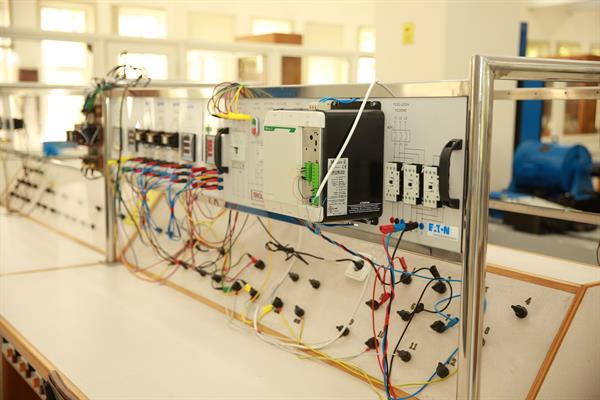ITU Electrical Engineering
 Electrical Engineering covers energy development & power generation, power transmission &distribution networks, and electrical machines & power electronics. Electrical engineering also forms a multi-
Electrical Engineering covers energy development & power generation, power transmission &distribution networks, and electrical machines & power electronics. Electrical engineering also forms a multi-
disciplinary application platform with the intersection of mechanical, electronic, computer and communications engineering. This platform leads to design, install, monitor, control, protect and manage the modern age electrical power systems.
The Department of Electrical Engineering, with a history of education and training extending back to 1926, was formally established in 1944. Since its inception, the department has graduated 4907 engineers from its Undergraduate Program, 591 Master of Science graduates, and 117 PhDs. Currently, 976 students are enrolled in the undergraduate program with an additional 125 in the preparatory year, while the graduate programs, under the Institute of Science and Technology, host 342 master's and 74 doctoral students who are continuing their education and research. The academic staff supporting these undergraduate and graduate studies is composed of 11 professors, 9 associate professors, 8 assistant professors, 2 lecturers with PhDs, and 21 research assistants.
The mission and vision statements determine the frame of the electrical engineering education. While the program educational objectives describe the carrier and professional accomplishments that program is preparing the graduates to achieve, the program learning outcomes describe what students are expected to know and able to do by the time of their graduation. By transferring the education from the teaching mode to the learning mode, the students are encouraged to improve their ability in using their knowledge effectively.
Head of Electrical Engineering Department